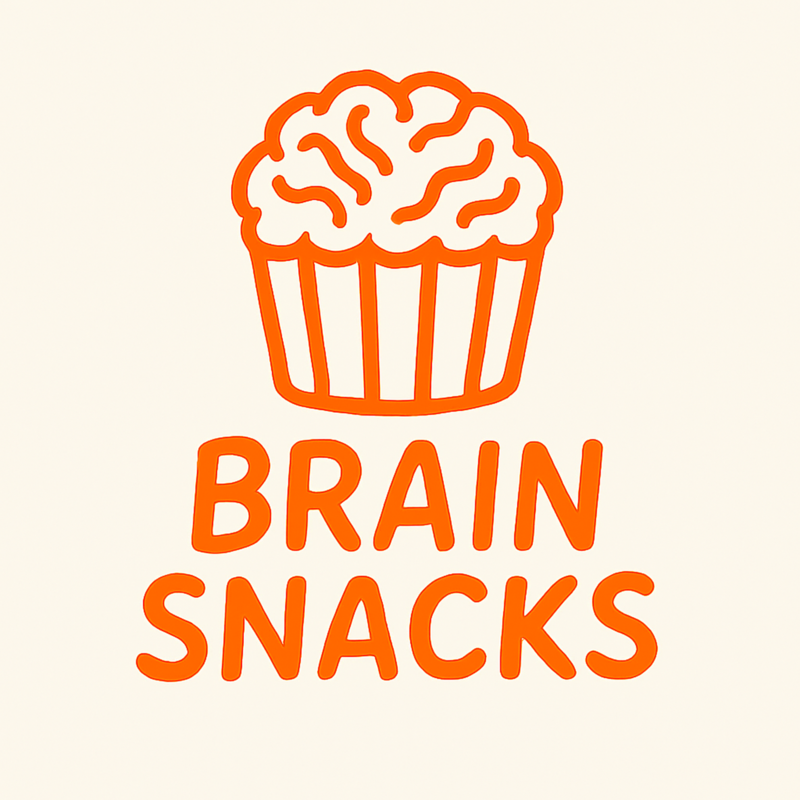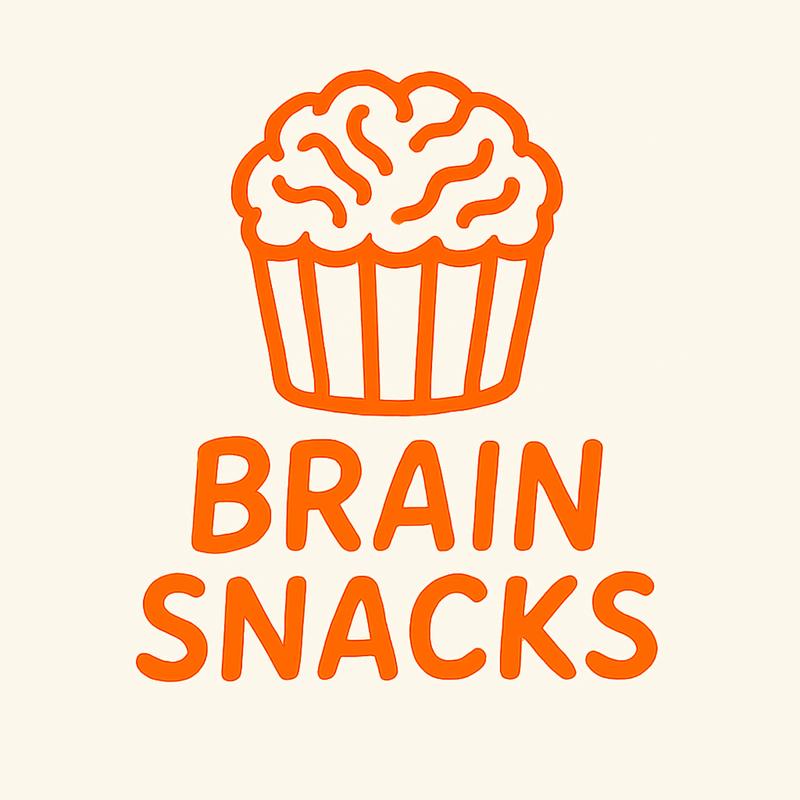
为什么明知道熬夜不好,却总是忍不住刷手机到深夜?为什么戒烟、减肥这些目标年年立,却年年失败?答案就藏在我们大脑的习惯回路里。
Why do we find ourselves scrolling social media late at night despite knowing it's bad for sleep? Why do our resolutions to quit smoking or lose weight fail year after year? The answer lies in the habit loops wired deep within our brains.
在这期《Brain Snacks》中,我们将深入探索习惯形成的神经科学机制。你会了解到:
In this episode of Brain Snacks, we dive deep into the neuroscience of habit formation. You'll discover:
🧠 习惯的真面目:它们不是简单的意志力问题,而是大脑中由"线索-行为-奖励"构成的自动化回路
🧠 What habits really are: Not simply matters of willpower, but automated circuits in our brain formed by cue-behavior-reward loops
🔬 多巴胺的作用:这种"快乐分子"如何强化我们的行为模式,让习惯变得根深蒂固
🔬 The role of dopamine: How this "pleasure molecule" reinforces our behavior patterns, making habits stick
⚡ 为什么意志力不够:研究显示,习惯回路的运作速度快过我们的理性决策过程
⚡ Why willpower isn't enough: Research shows habit loops operate faster than our conscious decision-making process
🛠️ 科学的改变策略:从识别触发线索到环境设计,从习惯逆转训练到把握生活转折点
🛠️ Science-based change strategies: From identifying triggers to environmental design, from habit reversal training to leveraging life transitions
这不是又一个关于"坚持就是胜利"的鸡汤节目。我们用科学数据告诉你,为什么40%的日常行为都是无意识的习惯,以及如何利用大脑的工作原理来重塑自己。
无论你想戒掉坏习惯,还是培养好习惯,这期节目都会给你实用且有科学依据的方法。
This isn't another "just keep trying" motivational talk. We use scientific data to explain why 40% of our daily behaviors are unconscious habits, and how to leverage your brain's operating system to reshape yourself.
Whether you want to break bad habits or build good ones, this episode provides practical, evidence-based methods that actually work.
Tune in and feed your brain with the science of lasting change!
空空如也


